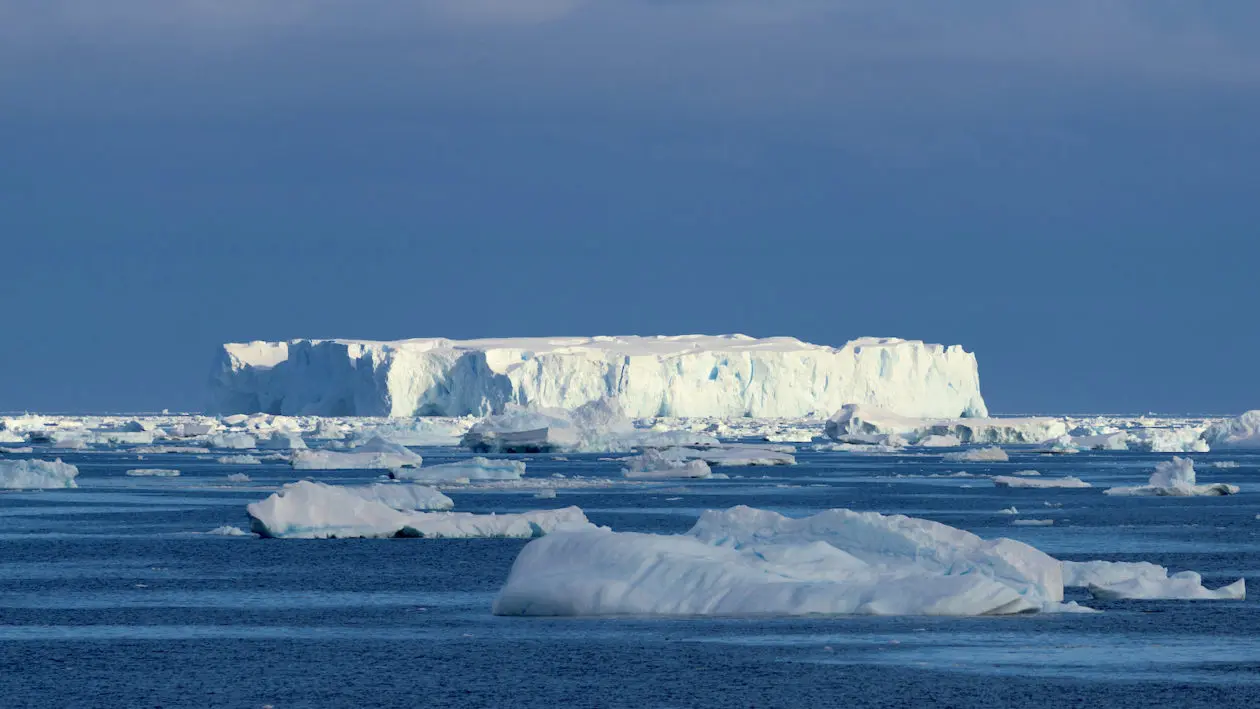
New Research Sparks Concerns That Ocean Circulation Will Collapse
A new analysis by Australian and American researchers, using new and more detailed modeling of the oceans, predicts that the long-feared turn-off of the circulation will likely occur in the Southern Ocean, as billions of tons of ice melt on the land mass of Antarctica. And rather than being more than a century away, as models predict for the North Atlantic, it could happen within the next three decades.
Highlights
-
“This is a really important paper,” says Stefan Rahmstorf, an oceanographer and head of earth system analysis at the Potsdam Institute for Climate Impact Research in Germany. “I think the method and model are convincing.”
-
The ocean circulation system, often called the global conveyor, follows a regular path through the Earth’s oceans and stirs their waters from top to bottom.
-
The conveyor is driven by the descent of cold, salty water to the ocean floor in just two places: in the far North Atlantic near Greenland and in the Southern Ocean around Antarctica.
-
It predicts a 42 percent decline in deep-water formation in the Southern Ocean by 2050. This is more than twice the 19 percent they predict for an equivalent event in the North Atlantic.
-
“The physics at play is pretty simple,” says England. “None of the steps is particularly surprising or complex. But until our study, we did not have the circulation model … to make confident predictions.”
-
A shutdown would also accelerate global warming, says Rahmstorf. “The deep-water formation sites are conduits where carbon dioxide is brought down to the ocean abyss, where it is locked away safely from the atmosphere for centuries [and] currently helps slow down global warming. However, this mechanism is set to be weakened.”
-
Even if emissions don’t rise as much as predicted, it is “irrelevant” to the near-term fate of the ocean conveyor, says Rahmstorf.